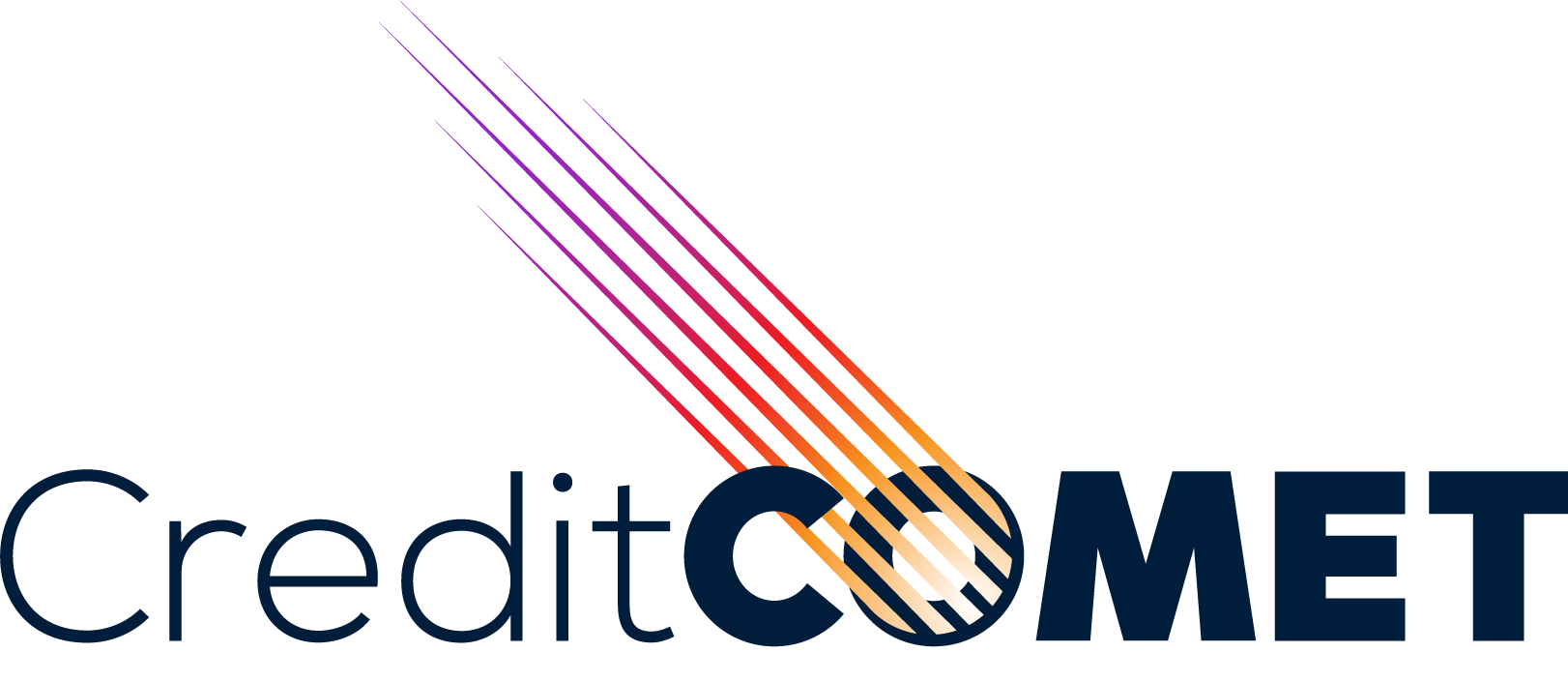Managing financial difficulties is an inevitable part of life, and at times, negotiating with creditors becomes a necessary step to regain control. This blog post provides practical insights into recognizing indicators that suggest it is time to initiate these conversations with creditors. By understanding these signs and adopting proactive measures, you can pave the way towards financial stability and regain control of your financial well-being.
Signs of Financial Strain
Missed Payments: A Warning Sign
When you start missing payments on your bills, it serves as a clear indication that your financial situation may be deteriorating. Late payments can result in increased fees and interest rates, making it crucial to address the issue proactively before it escalates further.
Increasing Debt Load: Overwhelming Burden
If you find yourself relying on credit cards to cover basic living expenses, or if your overall debt is steadily increasing, it is essential to evaluate your financial situation. Recognizing the gravity of your debt burden empowers you to take the necessary steps to regain control.
Dip in Credit Score: A Red Flag
Monitoring your credit score is vital to assess your creditworthiness. A sudden drop in your credit score may indicate that creditors view you as a higher risk borrower. Negotiating with creditors can help prevent additional damage to your creditworthiness and enable you to recover more effectively.
Assessing the Need to Negotiate
Evaluation of Income and Expenses: Assessing the Gap
Conduct a thorough evaluation of your income and expenses to gauge the magnitude of your financial challenges. If your monthly obligations consistently surpass your income, it becomes evident that adjustments need to be made. Initiating negotiations with creditors to modify payment terms can be a proactive step towards finding a sustainable solution.
Unforeseen Life Events: Dealing with Financial Shocks
Life’s unpredictability can have a significant impact on your financial stability. Whether it’s a medical emergency or sudden job loss, unexpected events can render your financial situation vulnerable. By reaching out to creditors early on, you can navigate these challenges more effectively and potentially find temporary relief.
Utilizing Emergency Savings: Unsustainable Patterns
Exhausting your emergency savings to meet financial obligations is a clear indication that your current financial strategy may not be sustainable. Initiating negotiations with creditors can provide temporary relief while you work towards developing a more stable and long-term plan.
Initiating Negotiations
Open Communication: A Key Component
Maintaining open lines of communication with your creditors is crucial. When you anticipate difficulties in meeting your financial obligations, reaching out to your creditors as soon as possible demonstrates your commitment to finding a solution. Most creditors appreciate this proactive approach and may be willing to offer assistance.
Exploring Options: A Range of Possibilities
Creditors often have various options available for borrowers facing financial challenges. These options can include debt consolidation, restructuring, or temporary payment reductions. By exploring these alternatives, you can find a solution that aligns with your current financial capacity and helps you regain control of your finances.
Professional Assistance: Seeking Expert Guidance
If negotiations become complex or if you are unsure about the best course of action, seeking professional advice is a wise decision. Financial advisors or debt counselors can provide valuable insights and help you navigate the negotiation process more effectively, ensuring that you make informed decisions.
Recognizing the Warning Signs
Collection Calls and Notices: Prompt Attention Required
Regular collection calls and notices from creditors are clear signals that your financial situation needs immediate attention. Proactively engaging with creditors can help alleviate the pressure and demonstrate your commitment to finding a resolution.
Exhaustion of Available Credit: Breaking the Cycle
Relying on credit cards or maxing out available credit to meet basic needs is a red flag. This indicates a dependence on credit to sustain your lifestyle, which can lead to a cycle of increasing debt. Negotiating with creditors can help break this cycle and pave the way towards financial stability.
Legal Actions or Threats: A Critical Stage
Legal actions, such as potential lawsuits or threats of asset seizure, demand immediate attention. Ignoring such warnings can lead to severe consequences. Negotiating with creditors at this stage is crucial to avoid legal repercussions and find a mutually beneficial resolution.
Gauging the Severity of the Situation
Reviewing Credit Terms and Agreements: Terms and Conditions Matter
Take a closer look at the terms and agreements you have with your creditors. Understanding the interest rates, penalties, and late fees associated with your debts gives you insight into the potential impact of missed payments. Armed with this knowledge, you can make more informed decisions during negotiations.
Considering Long-Term Financial Goals: Aligning Priorities
Evaluate your long-term financial goals and how your current situation aligns with them. If your debt burden impedes your ability to save for the future or meet other financial objectives, negotiating with creditors becomes a priority. By addressing your financial challenges, you can regain control and work towards achieving your goals.
Monitoring Trends in Spending Habits: A Conscious Approach
Examine your spending habits and identify areas where adjustments can be made. Negotiating with creditors goes beyond addressing immediate financial concerns; it is about creating a sustainable financial plan that aligns with your lifestyle. By making conscious choices and avoiding unnecessary expenses, you can create a stronger foundation for your financial future.
Navigating the Negotiation Process
Documentation and Record Keeping: Organized Communication
Maintain comprehensive documentation of all communication with creditors, including emails, letters, and records of phone conversations. This detailed record can be valuable if disputes arise or if you need to reference previous agreements during negotiations.
Seeking Professional Advice: Expert Guidance
If negotiations become complex or if you are unsure about the best course of action, seeking professional advice is a prudent step. Financial advisors and debt counselors possess the expertise to provide valuable insights and help you navigate the negotiation process more effectively.
Reviewing the Impact on Credit Score: Balancing Short-Term Relief and Long-Term Goals
Understand the potential impact that negotiations may have on your credit score. While negotiating can provide short-term relief, it is essential to be aware of any potential long-term consequences. Establishing a plan for rebuilding your credit over time should also be part of your overall strategy.
Conclusion
Negotiating with creditors is not an admission of defeat, but a proactive step towards regaining control of your financial situation. By recognizing the signs of financial strain, assessing the severity of your challenges, and navigating the negotiation process with diligence, you can craft a sustainable path to financial stability. Remember, seeking assistance and taking proactive measures empower you to overcome obstacles and build a more secure financial future.

